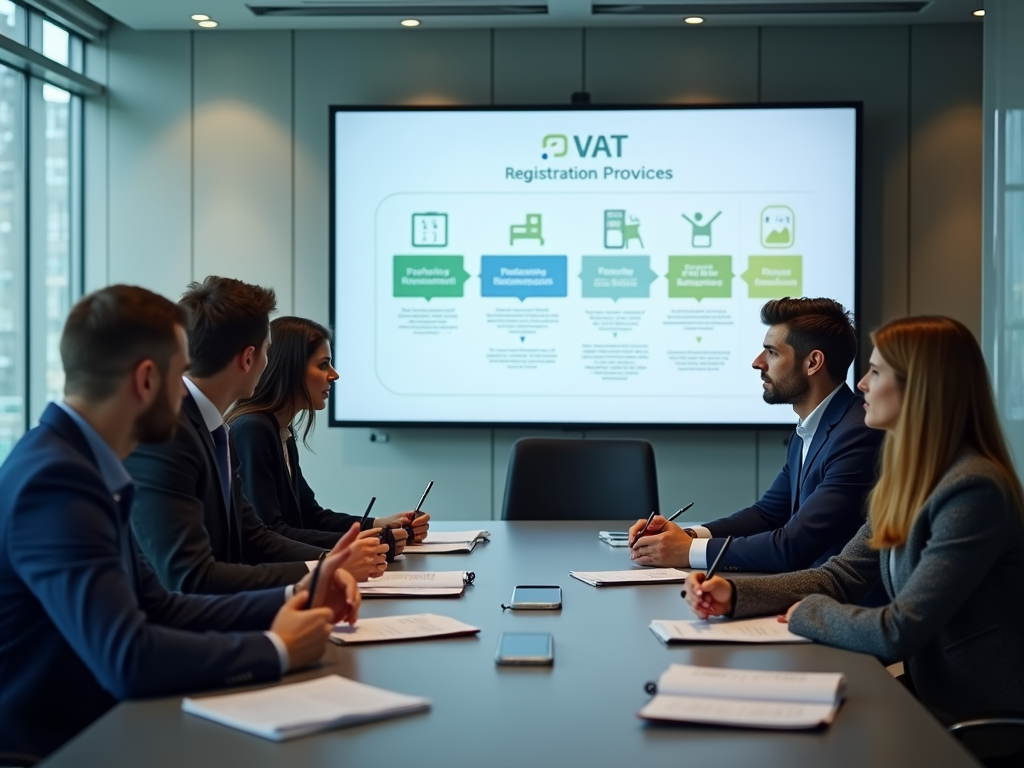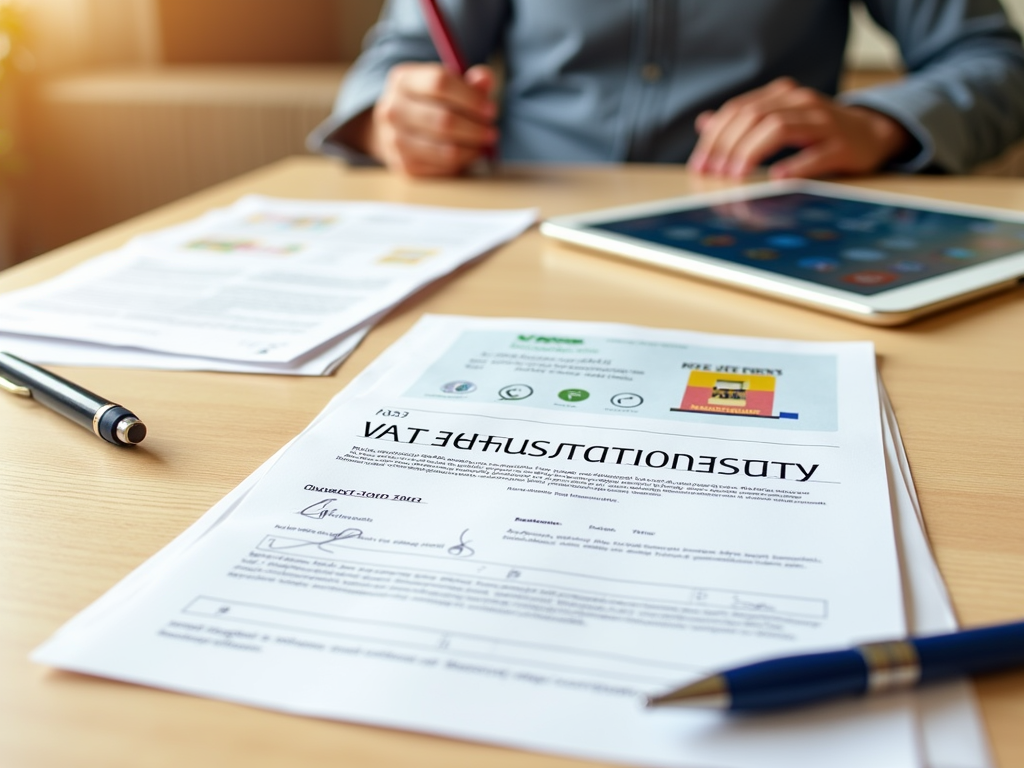VAT registration in the UAE is a fundamental process for businesses aiming to comply with federal regulations and VAT law. Understanding the key documents and requirements for this registration is essential for companies that either exceed a certain turnover threshold or choose to voluntarily register. This article explores the necessary steps and documentation needed to successfully register for VAT in the UAE, ensuring your business meets compliance standards and avoids potential penalties.
Understanding VAT Registration in the UAE

The UAE implemented VAT on January 1, 2018, as part of a broader initiative to diversify its economy and reduce dependency on oil revenue. The tax rate is set at 5%, which applies to most goods and services. VAT registration is mandatory for businesses whose taxable supplies and imports exceed AED 375,000 annually. However, businesses with taxable supplies below this threshold can opt for voluntary registration. Businesses are encouraged to navigate the registration process carefully to meet the government’s compliance requirements, thereby ensuring smooth operations and financial stability.
Prerequisites for VAT Registration

Before diving into the specific documents required for VAT registration, it’s essential to understand the prerequisites that businesses must meet. These include:
- Eligible Turnover: Your business’s taxable supplies must exceed AED 375,000 in the past 12 months.
- UAE-Based Address: A physical business address in the UAE is necessary to complete the registration process.
- Legal Structure: Your business should be legally registered in the UAE, complying with local business laws.
- Bank Account: A UAE bank account in the name of the business is mandatory for financial transactions.
- Record Keeping: You should maintain proper records of your financial transactions to facilitate VAT filing and audits.
Required Documents for VAT Registration
The UAE Federal Tax Authority (FTA) has clearly outlined the documents necessary for VAT registration. These documents serve to verify the identity of the business and its stakeholders, ensuring compliance with the tax laws. The key documents required are:
- Trade License: A copy of the current trade license issued by the UAE government.
- Emirates ID: A copy of the Emirates ID for each owner or partner in the business.
- Passport Copies: Copies of the passports for all owners or partners.
- Business Bank Account: A statement or confirmation letter from a UAE bank displaying the business account details.
- Business Details: Information regarding your business activities, including estimated turnover and list of products/services.
The VAT registration process can be straightforward if you adhere to the guidelines set by the FTA. Here’s a step-by-step overview:
- Prepare the Required Documents: Collect all necessary documents and ensure they are up to date and correctly formatted.
- Create an FTA Portal Account: Visit the FTA website and register for an account to access the VAT registration application.
- Complete the VAT Registration Form: Fill out the VAT registration form with accurate business details and upload the required documents.
- Submit the Application: Review all entries carefully, and submit the application for approval.
- Receive VAT Registration Certificate: Once approved, you will receive your VAT registration certificate via email.
Conclusion
Successfully registering for VAT in the UAE is crucial for businesses intent on remaining compliant with federal regulations. By understanding the prerequisites, gathering the necessary documentation, and following the outlined registration process, businesses can ensure a smooth registration experience. Failure to register or comply can result in penalties, so proactive measures are essential. As the VAT landscape continues to evolve, staying informed and prepared will serve businesses well in the long term.
Frequently Asked Questions
1. What is the VAT registration threshold in the UAE?
The threshold for mandatory VAT registration in the UAE is AED 375,000 in taxable supplies over the past 12 months.
2. Can I voluntarily register for VAT if my turnover is below AED 375,000?
Yes, you can opt to voluntarily register for VAT even if your taxable supplies are below AED 375,000, which can be beneficial for various reasons such as reclaiming input VAT.
3. How long does the VAT registration process take?
The VAT registration process typically takes 5-10 business days if all required information and documentation are submitted accurately.
4. What are the consequences of not complying with VAT registration in the UAE?
Not complying with VAT registration can lead to penalties, fines, and additional interest charges, which can impact your business’s finances significantly.
5. Where can I find more information about VAT laws in the UAE?
The official website of the UAE Federal Tax Authority (FTA) provides comprehensive guidelines and updates concerning VAT laws and regulations.



